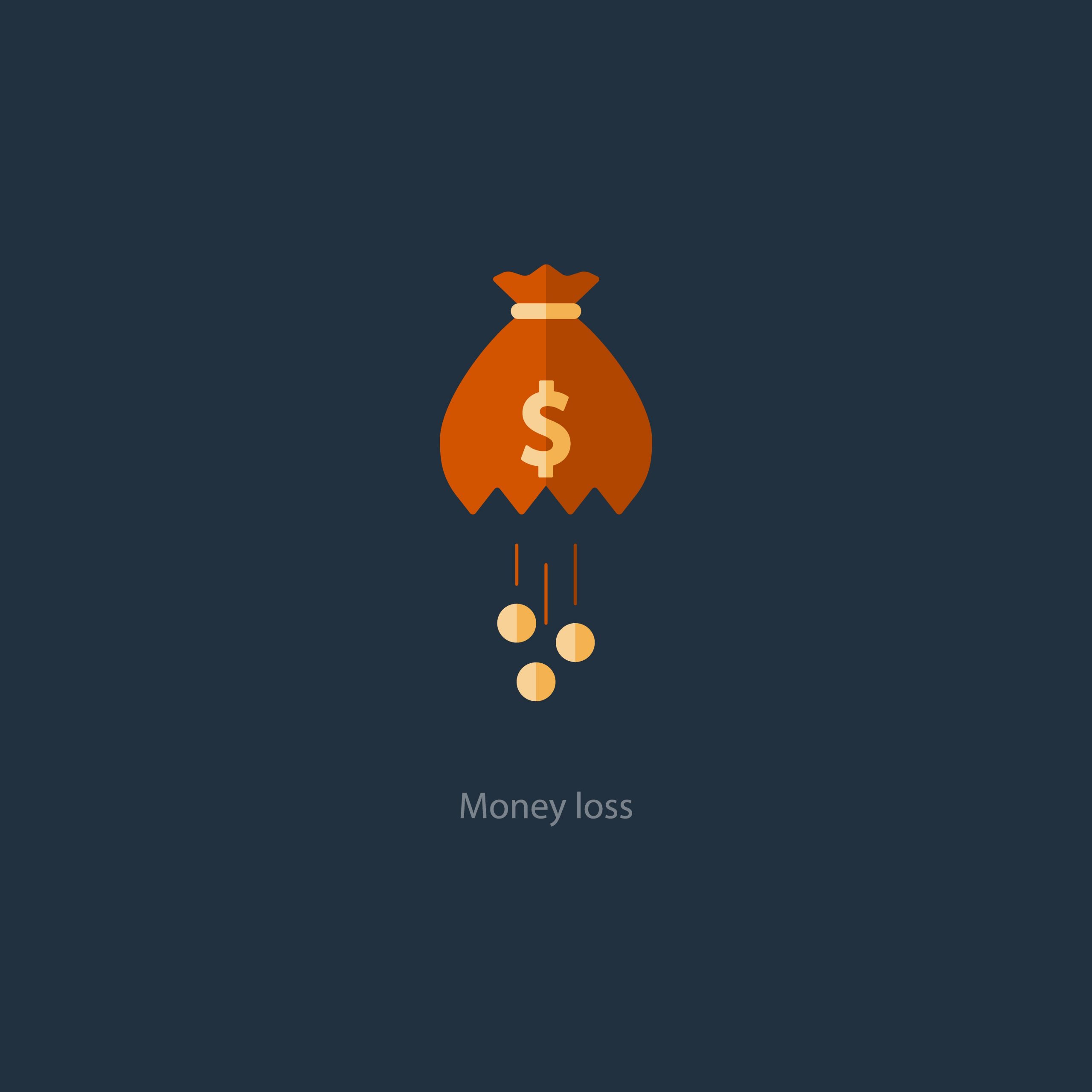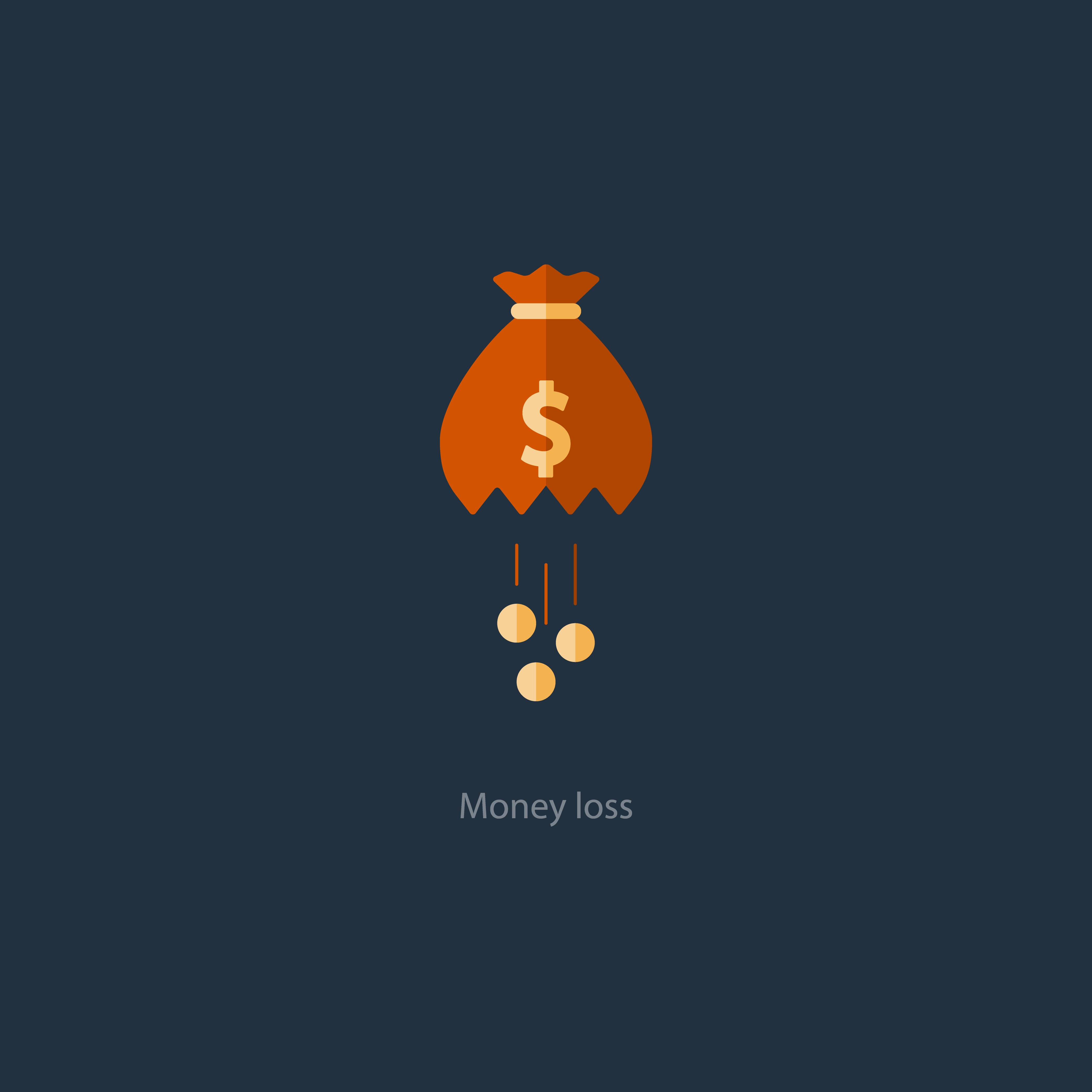Sometimes unexpected expenses just find you. If you are going through a bankruptcy, how you handle bills that you accumulate after your bankruptcy is filed can be the difference between a successful bankruptcy and continuing debt issues. Debts incurred after your case filing date are not included in your bankruptcy case. They are not discharged with your pre-petition debts.
There is one situation in bankruptcy where you can discharge post-petition debts. If you are in a Chapter 13 bankruptcy case and convert your case to a Chapter 7, bankruptcy law allows, you to add and discharge debts incurred after you filed the Chapter 13 up to the date you convert to a Chapter 7. For example, if your car purchased after filing a Chapter 13 is totaled we can sometimes convert the case to a Chapter 7 and discharge any debt attached to the car.
In Chapter 7 Bankruptcy, Can My Current Bills Be Discharged?
In a Chapter 7 liquidation bankruptcy, the only debts eligible for discharge are those incurred prior to your filing date. In bankruptcy we call these pre-petition debts. You are responsible for paying bills incurred after your filing date. Creditors are barred from collection efforts relating to pre-petition debts under bankruptcy protection called the automatic stay. As part of the bankruptcy process the Court issues a discharge order. This order serves as a permanent injunction against creditors pursuing most pre-petition debt. Debts incurred after filing your case, or post-petition debt, is not subject to the automatic stay or the discharge injunction in most cases. It is important, however, to discuss post-petition debt with your bankruptcy attorney. They may have options that can help you deal with the debt.
Can I Add New Debt to My Chapter 13 Repayment Plan?
The Court understands unexpected bills happen. Inform your attorney if you are aware that post-petition debts are coming, such as needing medical treatment. This helps with bankruptcy planning. Your attorney can discuss options you have to deal with these debts.
What if I Need to Take OUT a Loan After Filing?
In a Chapter 7 case, the answer is simply to wait until your case is discharged before incurring additional debt. The Chapter 7 process from filing to discharge takes about 3 to 4 months. In a Chapter 13 case, that lasts between 30 to 60 months, the Court or Chapter 13 Trustee must approve any loans over $1,000.00. An experienced bankruptcy attorney can advise your on the process of obtaining a loan during bankruptcy.
Sawin & Shea – Indianapolis Bankruptcy Attorneys
Post-petition debt during bankruptcy is a complicated subject that requires an attorney with a lot of bankruptcy experience to help you negotiate. Turn to the Indiana bankruptcy attorneys at Sawin & Shea for help making the right requests of the bankruptcy court and keeping your repayment plan on track. With years of experience representing good people in bad financial situations, we can answer all your questions. Please do not hesitate to call us today at 317-759-1483 or send an email for a free consultation. We are ready to help.




